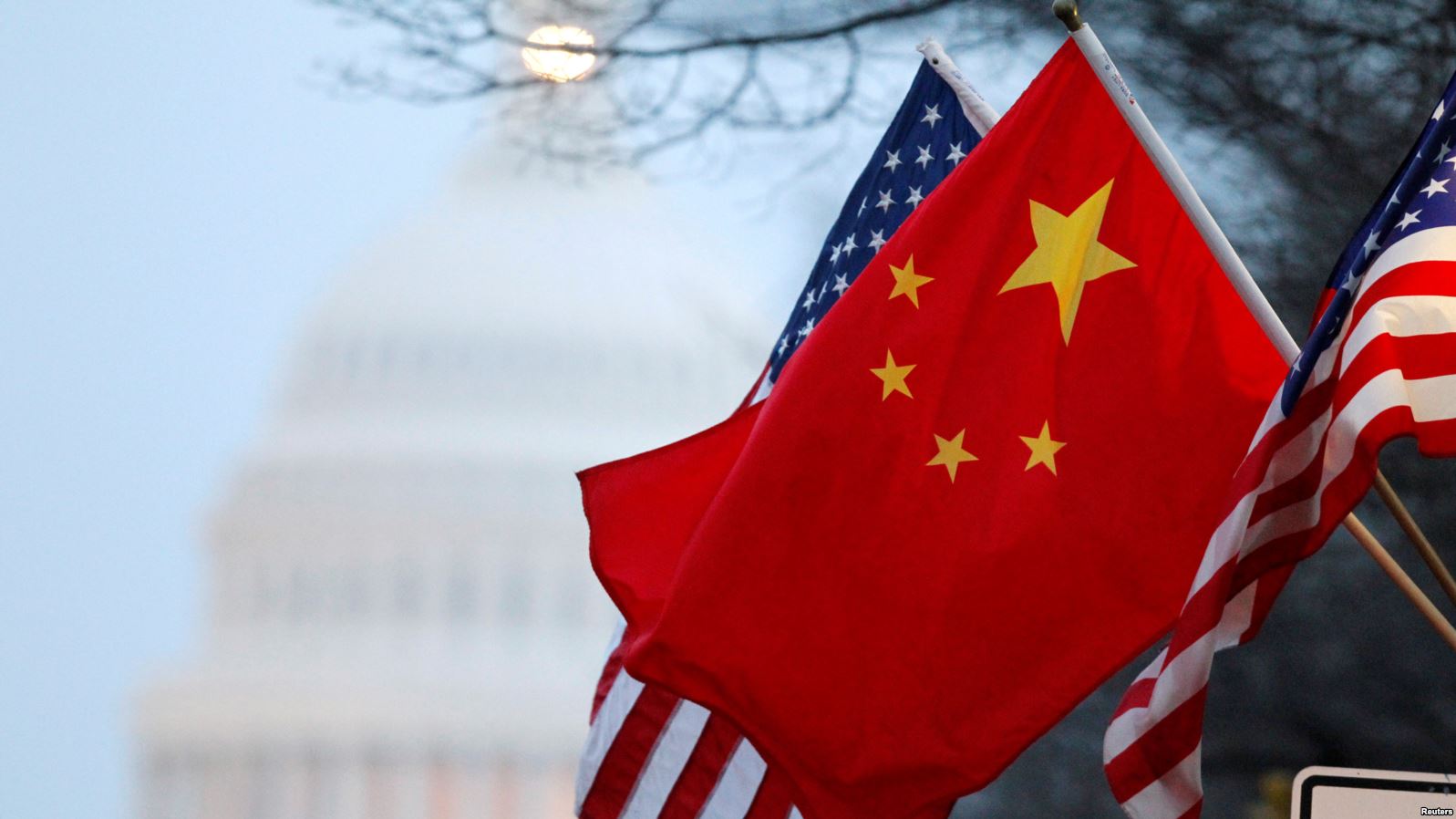
China's military commentator Zhou Bo writes on Financial Times that If China's reform and opening-up since 1979 has succeeded in bringing the country to the centre of the global stage, it has also allowed the US to see whether the communist state would become more "like us" in the course of liberalisation. The results of this experiment have been disappointing from a US point of view. Liberalisation has not changed China as the Americans had hoped. Jim Mattis, the US defence secretary, used the unveiling in January of a new national defence strategy, following the national security strategy published at the end of 2017, to underline American discontent. "Great power competition — not terrorism," he said, "is now the primary focus of US national security"... By viewing its relationship with China as a competition between great powers, the US is making another, far more consequential, misjudgment following its wars in Iraq and Afghanistan. While economic security is indeed part of national security, an all-out trade war with China will only invite retaliation. And faced with a common threat, China might opt to become closer to Russia...The question today is how the US will behave towards China, now that Mr Trump sees it as a strategic competitor. One American media outlet described the national security strategy as "dead on arrival". But if this is a serious policy document, the whiff of a new cold war, it may well prove to be a watershed in America's irreversible decline.
BBC reports that China's governing Communist Party has proposed removing a clause in the constitution which limits presidencies to two five-year terms. The move would allow the current President Xi Jinping to remain as leader after he is due to step down. There had been widespread speculation that Mr Xi would seek to extend his presidency beyond 2023. Party congress last year saw him cement his status as the most powerful leader since the late Mao Zedong. His ideology was also enshrined in the party's constitution at the congress, and in a break with convention, no obvious successor was unveiled. Born in 1953, Mr Xi is the son of one of the Communist Party's founding fathers. He joined the party in 1974, climbing its ranks before becoming president in 2013.
- 2018-02-23 China's big conglomerates are no longer buying up the world
- 2018-02-22 Top US Treasury official slams China's 'non-market behavior'
- 2018-02-21 A massive US farming industry fears China trade trouble
- 2018-02-20 China would not be the only country hurt by US steel tariffs
- 2018-02-14 The director of the FBI says the whole of Chinese society is a threat to the US
- 2018-02-13 As China Marches Forward on A.I., the White House Is Silent
- 2018-02-12 Chinese stealth fighters are combat-ready, Beijing says
- 2018-02-11 China pledges 'employment first' policies to create millions of jobs
- 2018-02-09 China draws up trade retaliation options against US
- 2018-02-08 China's imports surge 37% in January, exports jump 11%
- New York Times Trump Trade Sanctions Aimed at China Could Ensnare Canada
- Financial Times China's Xi Jinping shows ability to shock and scare rivals
- Los Angeles Times China proposes to scrap presidential term limit, clearing way for Xi Jinping to stay in power
- TIME Proposal to Scrap China's Term Limits Could Allow President Xi Jinping to Stay in Office
- Bloomberg Daimler's New Chinese Investor to Embark on German Goodwill Tour
- Financial Times Anbang downfall offers upside for struggling Chinese rivals
- Reuters Nokia CEO sees Europe lagging China, US in 5G roll-outs
- Reuters BAIC Motor, Daimler plan $1.9 billion new production base in China
- Reuters Anbang takeover puts China's companies on notice
- Reuters China to list supervisory commission as new state organ in constitution
- Fox News US, Britain in cybersecurity divide over Chinese tech firm Huawei
- The Washington Post China will deal 'seriously' with N. Korea sanctions breaches
- www.cnet.com Apple iCloud security change in China raises privacy questions
- The Washington Post An attack on North Korea would be massive – and massively stupid
- Financial Times Setting the bar higher for Chinese takeover offers
- www.independent.co.uk China: Why Xi Jinping decision is world superpower's most important political change for decades
- www.bbc.com Why China's proposal was long expected
- Financial Times Trump's protection plan to keep 'competitor' China at bay
